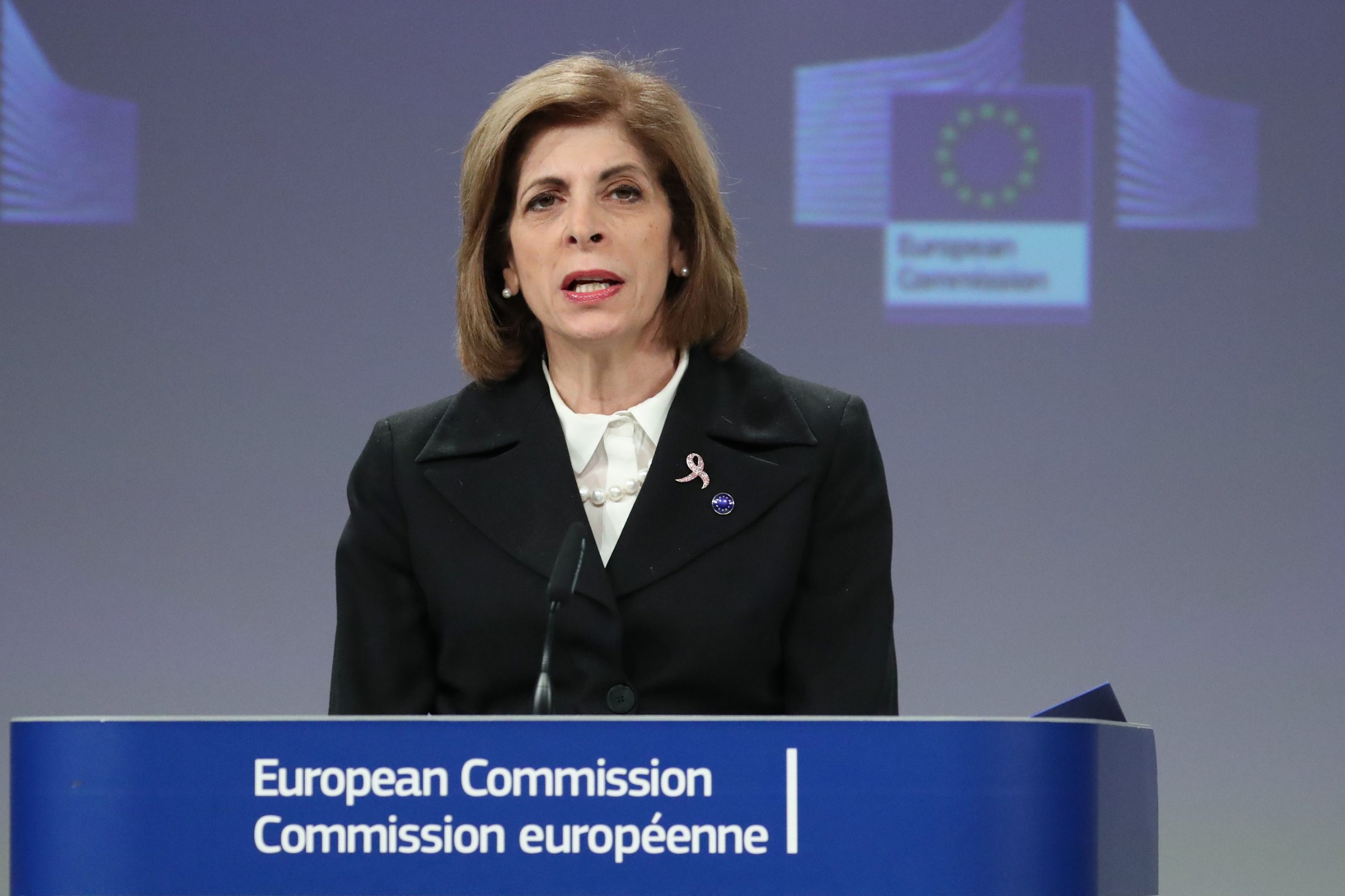Every day in Europe, new cancer cases are diagnosed. Every day in Europe, patients, their families and friends experience the tidal wave of emotions that a cancer diagnosis brings with it. Uncertainty about the future, feelings of shock, sadness, anger, or even hopelessness.
Cancer is a serious health issue that will directly affect 40% of EU citizens at some point in their life. In Croatia, 14000 lives end each year due to cancer. Without action, the overall number of cancer cases in the EU are expected to double by 2035. Unless we turn this alarming trend around, the burden of cancer our families, our health and social systems and our economies will continue to grow.
Working to reduce the suffering of cancer in Europe is a top priority for me as European Commissioner for Health and Food Safety. It is a health priority for our citizens as well as for the von der Leyen Commission. It is an area where we are expected and where we are determined to strive for more – and to deliver.
For me, there is only one way to be truly effective in fighting cancer: by making it a common, European priority. I believe that we have an enormous capacity for change, but only if we join our forces, from policy makers to medical professionals from patient representatives to industry, and most importantly with our citizens.
Today, we know that up to 40% of cancer cases are preventable – this means that the scope for action and potential to save lives is immense.
It is this collective capacity and potential for action that I would like to mobilise through Europe’s future Beating Cancer Plan. Cancer is a complex disease and we need to look at all its dimensions, from the food we eat, the accessibility of medicines, the right care, the right technology and the involvement of sectors and industries beyond the health sector, including education, environment, agriculture and research. All stakeholders from all sectors must contribute.
Through Europe’s Beating Cancer Plan - which I will present before the end of the year - we will take action at all stages of the disease, from prevention to detection, treatment, cure and palliative care.
We need to be better at preventing and diagnosing cancer. Cancer prevention will always be better than cure and our main priority has to be to prevent that our citizens become cancer patients in the first place. If we support them to lead healthier lives - eat better, exercise more whilst drinking less and not smoking - we could reduce the number of cancers diagnosed. And if we work to expand vaccination coverage and actions to for example improve the air quality in our cities, we can also make a difference.
If we help our citizens to better understand the importance of cancer screening and early diagnosis, even more lives can be saved. For this to work, all Member States need to have certified national screening programs in place.
Whilst our priority should be to do our utmost to prevent cancer from happening in the first place, we need to ensure that those who have cancer – and their families – get the support and care they need. This includes the fundamental right to equal access to medicine and innovative treatments.
A cancer patient’s journey does however not end after treatment. Those who survive or live with the disease, deserve to have structure and security brought back into their lives. They should not experience discrimination, stigma, or barriers to return to work.
We need to take the different parts of this immense puzzle and piece them together so that we can see the whole picture clearly. The first step in this joint endeavour starts today - World Cancer Day – with the launch of a Europe wide public consultation on Europe’s Beating Cancer Plan. Before taking any decisions, my first step will be to listen carefully. I am looking forward to hear the ideas and concerns of the (country) citizens and to work together with the (country) authorities to bring about positive change for them.
Together we can strive for more against cancer. Together, we make a difference.





Za sudjelovanje u komentarima je potrebna prijava, odnosno registracija ako još nemaš korisnički profil....